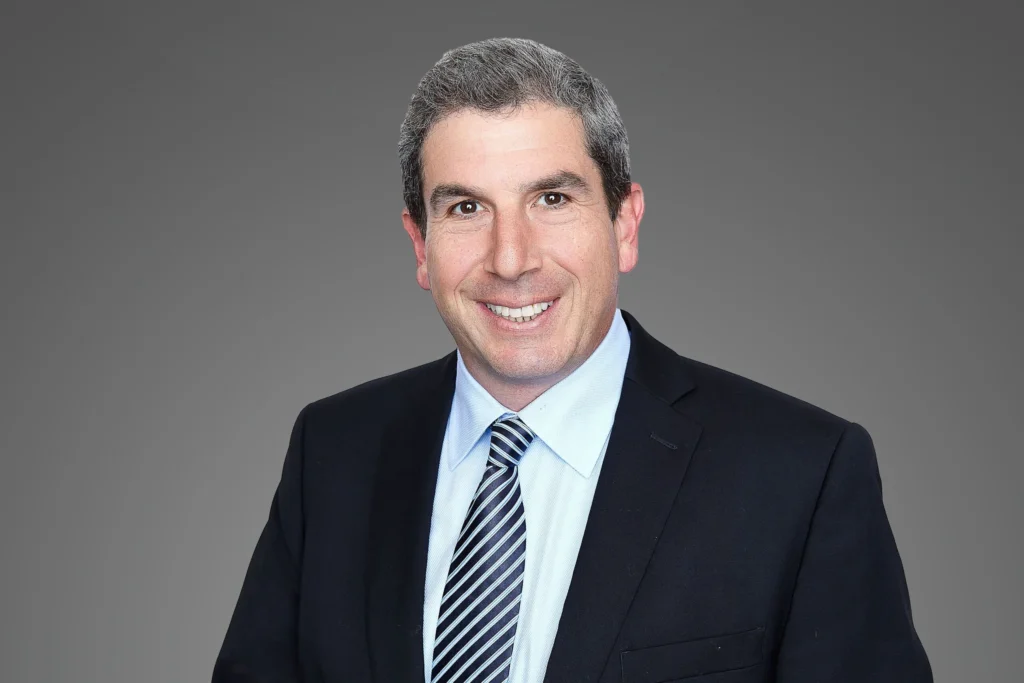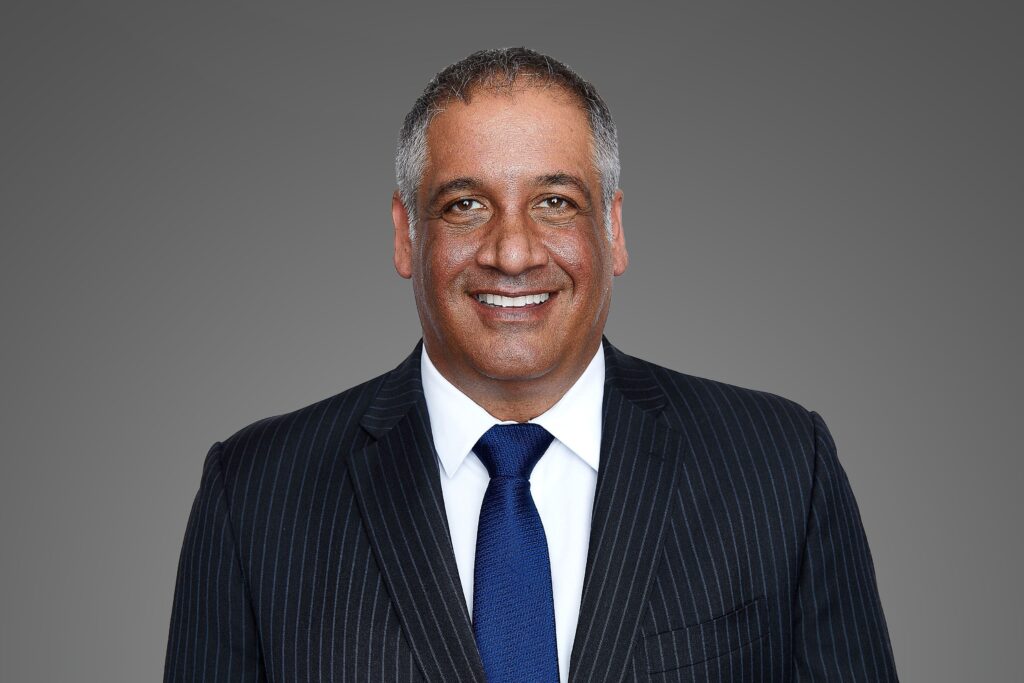You’ve likely heard the term “insurance fraud” before. It refers to when you misinform an insurance company with the intent of collecting unwarranted benefits. Insurance fraud includes faking an accident, damaging property, or even faking death to collect compensation.
While insurance fraud is fairly common, there are times when it is the insurance company that acts in a less than forthcoming way.
Insurance companies are legally required to be as honest with you as you are required to be with them. But, what if your agent misled or misinformed you when you signed the terms of your insurance contract? Or what if the insurer makes a false statement about your policy, to favor the company instead of you, the policyholder? A seasoned bad faith insurance attorney could help you get the compensation you are rightfully owed.
Understanding Bad Faith Insurance
Bad faith insurance applies to any insurance policy, including auto insurance, health insurance, and life insurance. The action done in bad faith may have been intentional or out of negligence, but the result is the same. A simple mistake, however, does not necessarily constitute as bad faith. When you file a claim, the insurance company may investigate it to confirm that you are owed coverage and to determine the appropriate compensation. They’ll base their decision on the facts and situation surrounding your claim, as well as the terms of your policy. The company may deny your application based on terms that aren’t stated in your policy, or they might lead you into accepting a low compensation amount—these scenarios constitute bad faith
Filing a Bad Faith Insurance Claim
If you think your insurance company isn’t being all that upfront with you, you should submit a bad faith insurance claim. The State of California addresses bad faith practices via the “unfair claims settlement practice” under its Fair Claims Settlement Practices Regulations.
Here’s a guide to ensure the success of your bad faith insurance lawsuit:
- Review Your Contract
Review the full copy of your insurance contract to make sure the conditions of the policy will cover your claim. Make sure that the policy is dated earlier than your claim.
- Gather Documents of Your Claim
Prove that your original claim is valid and that it falls under the terms of your policy. Gather all photos, receipts, reports, estimates, and communication with the insurer. It is paramount to prove that the insurer acted in bad faith; that is to say, they favored their gain over your rightful compensation.
- Keep a Record of the Denial of Claim
If the insurer denies your claim, request the supervisor to go over the claim and denial. Document all your correspondence with the insurance company and their statements about the denial.
- Make a Final Demand
If the denial isn’t reversed, send a demand letter specifying your claim. Inform the insurance company of your intent to file for bad faith insurance if you are not adequately compensated. Make sure to get proof of mailing.
- File a Complaint
If the insurer doesn’t respond or refuses to reverse the claim after 60 days, file a complaint in the state’s department of insurance.
Buying an insurance policy means securing protection and peace of mind that your insurer will have your back when something happens. If the insurance company denies your claim for unfair reasons or gives you a low compensation, pursue a bad faith action.
Secure Favorable Compensation with Haffner Law
Don’t let an insurance company exploit you when you are at your most vulnerable. Improve your chances of winning your case and securing the compensation you deserve by hiring experienced lawyers from Haffner Law.
Our Los Angeles-based law firm makes the legal process easy and will provide you the experience and wisdom to determine the steps to take for your case. Our team commits to your case and will not give up until you recover the full compensation you deserve.
Schedule a free consultation with one of our bad faith insurance lawyers by calling 1-844-HAFFNER or filling out our online contact form.
(This is an attorney advertisement by Joshua Haffner)








